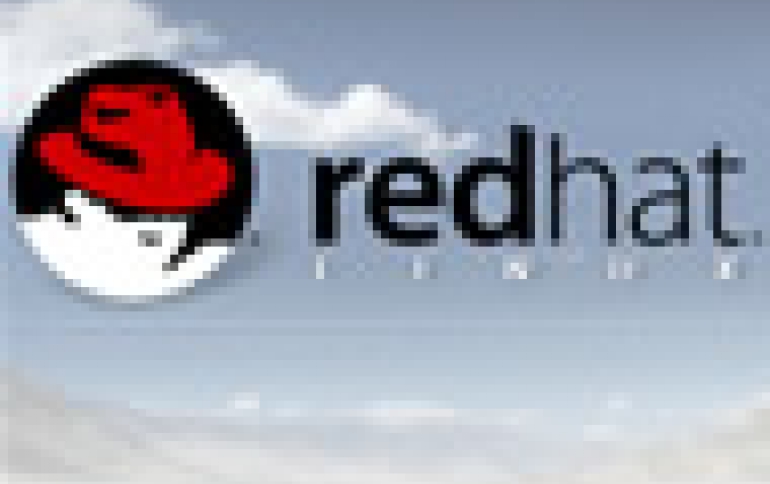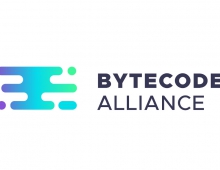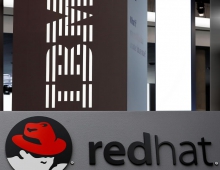
Red Hat Acquires JBoss for $350M
Linux distributor Red Hat announced on Monday the purchase of opensource company JBoss for minimum $350 Million to expand the company's production line to an open source Java application server and gain a new revenue stream.
The transaction which is expected to close at the end of May will be 40% cash and 60% Red Hat stock, with an additional $70M owed, subject to financial performance and could reach a total of $420 million if JBoss meets certain financial targets.
In a statement, Matthew Szulik, Red Hat chairman and CEO said the two companies' business models and beliefs are "fully aligned". Both Red Hat and JBoss charge customers a subsciption fee for products and ongoing support, rather than an up-front license fee. According to the agreement. JBoss will become an independent division of Red Hat.
"The open source development model continues to change the economics of enterprise IT in favour of the customer, and we truly believe in the potential of software innovation, once freed from the fetters of proprietary development," Szulik said.
With the acquisition, Red Hat gains a popular open source Java application server, used for running custom business applications written in Java, and a more substantial offering for Java developers. JBoss is assembling a suite of open source Java middleware, including a portal, messaging and a transaction server. JBoss has a strong base in Europe and in the U.S.
Red Hat currently sells support for Jonas, a competing open source application server, from a French consortium called ObjectWeb. Red Hat and JBoss had tried to come to terms on a partnership around the JBoss application server but were unable to, JBoss executives have said.
Furthermore, JBoss? popularity amongst users of non-Red Hat platforms, especially Windows Server could complicate channel strategy. Indeed, last September Microsoft and JBoss announced a partnership. Microsoft has its own application server, Internet Information Server, that is tightly integrated into its .Net platform. But during Monday's announcement, JBoss said that half of its customers run its Java Enterprise Middleware System (JEMS) with Windows Server.
According to industry sources, Red Hat's purchase of JBoss could result in Red Hat partners such as IBM beginning or expanding relationships with other Linux distribution players,like Novell for instance.
In a statement, Matthew Szulik, Red Hat chairman and CEO said the two companies' business models and beliefs are "fully aligned". Both Red Hat and JBoss charge customers a subsciption fee for products and ongoing support, rather than an up-front license fee. According to the agreement. JBoss will become an independent division of Red Hat.
"The open source development model continues to change the economics of enterprise IT in favour of the customer, and we truly believe in the potential of software innovation, once freed from the fetters of proprietary development," Szulik said.
With the acquisition, Red Hat gains a popular open source Java application server, used for running custom business applications written in Java, and a more substantial offering for Java developers. JBoss is assembling a suite of open source Java middleware, including a portal, messaging and a transaction server. JBoss has a strong base in Europe and in the U.S.
Red Hat currently sells support for Jonas, a competing open source application server, from a French consortium called ObjectWeb. Red Hat and JBoss had tried to come to terms on a partnership around the JBoss application server but were unable to, JBoss executives have said.
Furthermore, JBoss? popularity amongst users of non-Red Hat platforms, especially Windows Server could complicate channel strategy. Indeed, last September Microsoft and JBoss announced a partnership. Microsoft has its own application server, Internet Information Server, that is tightly integrated into its .Net platform. But during Monday's announcement, JBoss said that half of its customers run its Java Enterprise Middleware System (JEMS) with Windows Server.
According to industry sources, Red Hat's purchase of JBoss could result in Red Hat partners such as IBM beginning or expanding relationships with other Linux distribution players,like Novell for instance.

















